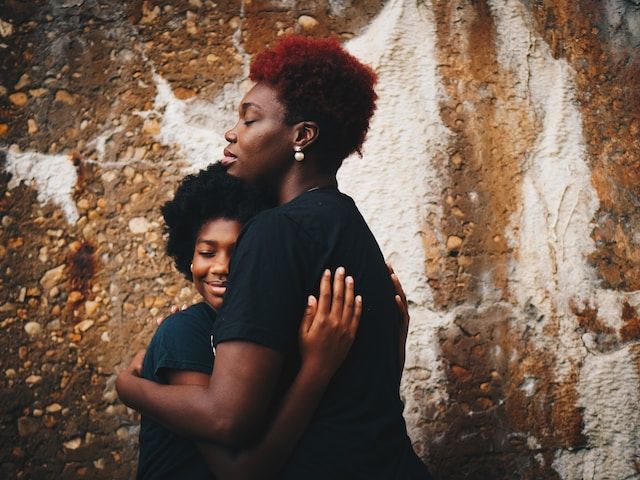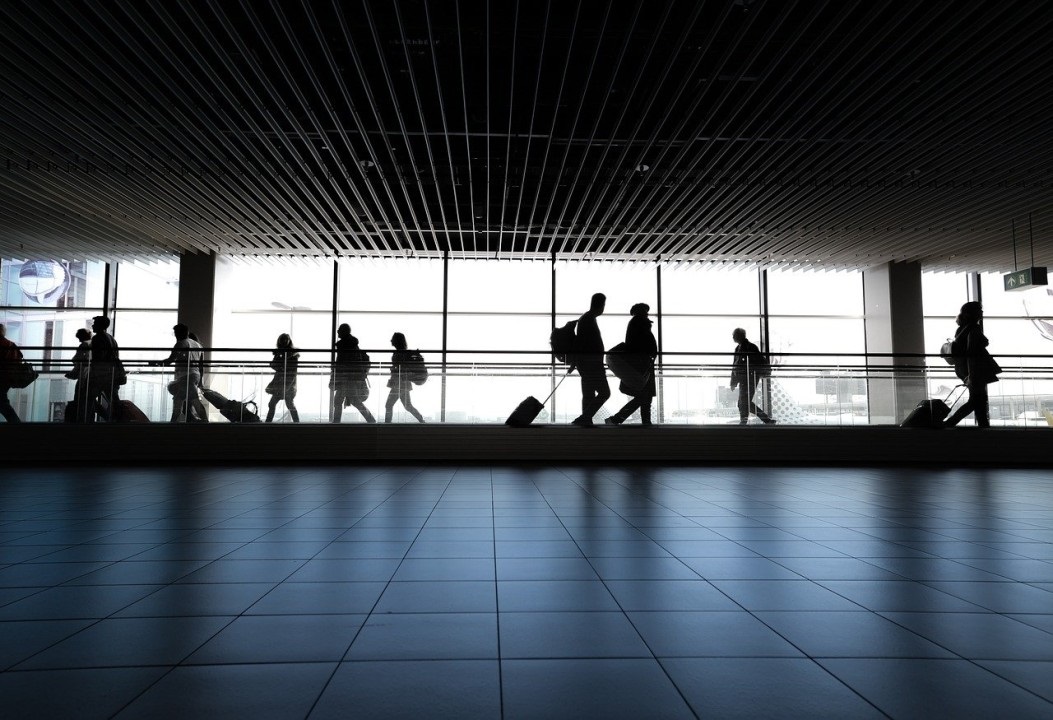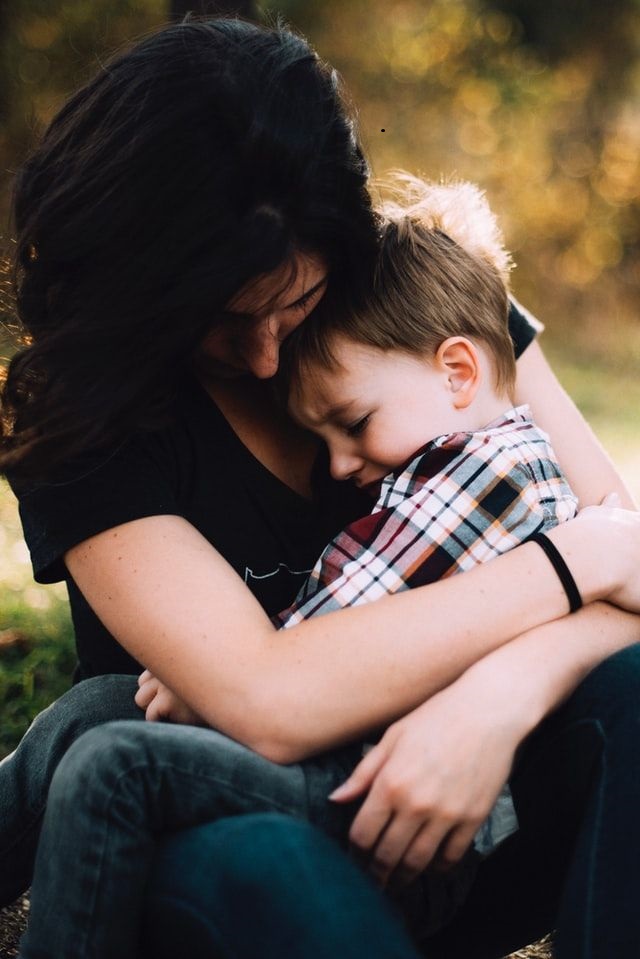Escaping abuse and confronting international abduction charges
In a tough situation, migrant moms escaping domestic violence now face international child abduction charges. In this special feature, journalist Ana Dutra Tagliati shares their courageous stories, addressing the challenges of abuse and a complex international legal fight.

Ana Dutra Tagliati /Migrant Women Press*
Every year, thousands of immigrant mothers suffer violence from their partners, resulting in them running away with their children to their home country, hoping to protect themselves and their children. However, it is not long before they are served to attend a hearing for a court case of international abduction of children filed by the father.
These specific cases need to be solved within six weeks, as per international law, and they decide whether the children should return (or not) to the country they were taken from. However, it is uncertain how a judge will rule when the situation involves domestic violence against the mother, which makes it even more difficult for the development of the case.
It sounds like an unthinkable story, but it’s the reality of many mothers worldwide.
Susie* was living in Spain when she met Mark*, both from the UK, and everything seemed like a fairytale until the aggression started.
After a long time of psychological and physical abuse, Susie found out she was pregnant, and everything suddenly improved; Mark was thrilled to have the baby. However, the happiness that seemed a promising start to a new family turned into a nightmare that led Susie to flee with Grace* back to her home country, the UK, and never return to Spain.

As the relief of being away and protected from the abuser at her parent’s house was just starting to settle, Susie received a letter communicating she had been served for the abduction of her daughter against Mark’s permission.
This type of case isn’t all that unusual. According to “Revibra”, an organisation that helps migrant women (with a focus on Brazilian women) in Europe who are suffering from domestic violence and discrimination, many mothers flee with their children to their home country without the father’s consent to escape domestic violence. When this happens, the left-behind parent usually takes legal matters for the child’s return. That’s when the use of The Hague Convention on the Civil Aspects of International Child Abduction takes place.
Unveiling the international battle to protect migrant women fleeing abuse
Head of the Children Department at Dawson Cornwell, a family law firm established in 1972 based in London, Carolina Marín Pedreño explained how The Hague Convention works when meeting a domestic violence situation:
“The Convention allows very exceptional defences where a child should not be returned by the Court. One of those defences is if there is a ‘grave risk’ that the child would be placed in an intolerable situation, as stated by Article 13(1)(b) of the Convention.

“The difficulty for mothers to understand this is because they think ‘if I’m a victim of abuse, consequently my child is a victim of abuse’, and they don’t understand that ‘grave risk’ is ‘future risk’, so the Court needs to consider whether there is a risk in the future return.
“Maybe the mother has been a victim of domestic abuse, but if the Court is satisfied that she’s going to be protected in the other country by measures that the applicant (the father) offers to the Court or if the country has its remedies to protect her, as a victim of abuse, and the child, they need to comply with the Convention and return the child. “If the level of abuse is so grave that the other parent has no compliance in the other country, that would be sufficient for the judge to realise that no protective measures would be, even if they are in place, sufficient to protect that child.”
“If the level of abuse is so grave that the other parent has no compliance in the other country, that would be sufficient for the judge to realise that no protective measures would be, even if they are in place, sufficient to protect that child.”
However, for this to happen, the abuse needs to be ‘evidential’, proved through documents, which can be an obstacle in the process, as sometimes psychological abuse is hard to prove. According to Carolina, although WhatsApp messages are a good resource to prove the abuse, it’s still hard to make a point of the ‘evidential abuse’.

Juliana Wahlgren, Founder and Director of “Revibra”, explained that the decision to flee is never a mother’s first option:
“In many cases, it’s the last resort in a process of protection that wasn’t guaranteed.
“In our experience, the people who decide to return or leave Europe are in a process of desperation and frustration of lack of safeguard in the country where they lived.”
This occurred in Susie’s case. She filed a domestic violence case against Mark in Spain and even a custody case, aiming to stay in Spain and co-parent Grace with Mark. However, she lost the domestic violence case, as the judge did not accept her evidence.
From then on, Mark became fearless, and feeling like the law was on his side, he started threatening and stalking Susie. After the constant intimidation, his neglect of Grace’s autism diagnosis and his decision to request Grace’s full custody, Susie was scared for her and her daughter. Susie says that the times Grace would come back from Mark’s house, she would be tired, hungry and taken care of by other people who weren’t her father. They couldn’t agree on a nursery, and she felt as if the government failed her and her daughter’s protection. That’s when she decided to take matters into her own hands and return to the UK with Grace to her parents’ house in England. After being served by the court, she contacted Carolina, who took Susie’s case pro bono and started her defence to ensure she and Grace could remain in the UK. Although they had left the toxic environment surrounding Mark, the process wasn’t a ‘smooth sail’ or straightforward.
*Article and photos originally published in Migrant Women Press. Ana Dutra Tagliati is a former lawyer turned journalist with a Master’s Degree from Edinburgh Napier University. She hosts and produces her weekly podcast, ‘The Brazilian Point of View’, and loves reading and writing in her spare time.
**Next week Part 2: “How unfair custody battles deepen the pain for mothers affected by PTSD”.












.jpg)












